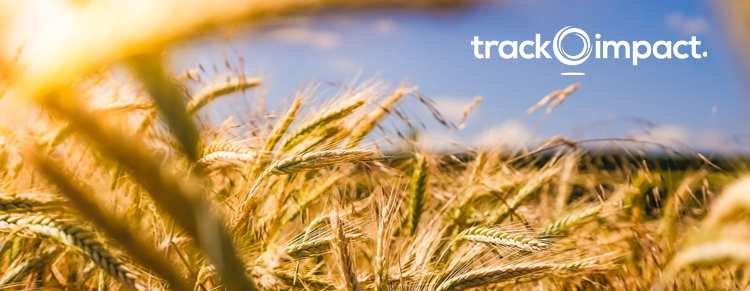
- This event has passed.
Impact in Action #5 – Cholderton Estate – Sustainable Farming

We are excited to invite you to an exclusive session exploring how Cholderton Estate, a fully-sustainable and biodiverse farm in Wiltshire, UK is pioneering positive environmental impact methods and driving the agenda towards SDGs 2, 8, 11, 12 and 15.
The world is beset with worsening crises – from record CO2 levels in May and continued heatwaves across the globe through to major challenges around food production. Meanwhile, in the wake of Brexit, the UK has begun to replace the EU’s Common Agricultural Policy with the Environmental Land Management Scheme (ELMS), that targets net zero by 2050; but even this month its goals are being adjusted due to the cost-of-living crisis, while British farms continue to emit around a tenth of global greenhouse gas emissions.
Cholderton Estate is a pilot project, in collaboration with partners from Cranfield University through the Wildlife Trust to the County Council, that is already driving impact in demonstrating how sustainable farming can be achieved. Clean water, clean air and restored nature go hand-in-hand with the production of food; no nitrous oxide is emitted, no groundwater is polluted, carbon is sequestered in a way that secures fertility and makes Cholderton one of the richest estates for biodiversity in the country.
A finalist in the inaugural Climate Challenge Cup which took place at COP26 in Glasgow last November, and host this July of the UK’s longest running organic food and farming conference, Cholderton is already showing that progress can be made. Join us on the 12th July to learn more and see what learnings you can apply to your own work! You can learn more about the project on TrackImpact.org.
